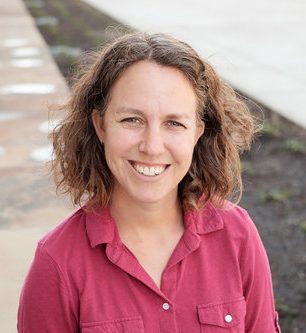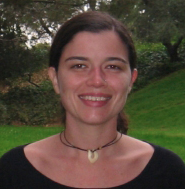"Homeward: Life in the Year After Prison"
Abstract: This talk will address my new book, Homeward: Life in the Year After Prison. The book tells the stories of the men and women I met through the Boston Reentry Study, a series of interviews my research team and I conducted with people leaving prison for neighborhoods around Boston. We were trying to understand what happens when people return to a community, and the challenges faced by them and their families. How did they look for work and housing? How did they manage their addictions or mental illness, and why did some return to incarceration? In trying to answer these questions, I hoped to bear witness to the lives held captive in America’s experiment with mass incarceration. The research showed that imprisonment is followed by deep poverty, in which unemployment is widespread and survival is assisted only by government programs and family support. While earlier studies have focused on the stigma of a criminal record, the men and women of Boston also struggled greatly with human frailty -- mental illness, addiction, and physical disability -- that threatened success after incarceration and impaired the effectiveness of programs. They had experienced serious violence, often as perpetrators, but just as frequently as victims and witnesses, and often since early childhood. Under these conditions, freedom after prison was not a status granted by release, but something attained gradually. Becoming free was a process of social integration where one had to find one’s place with kin and community.
*Co-sponsored with the California Policy Lab















